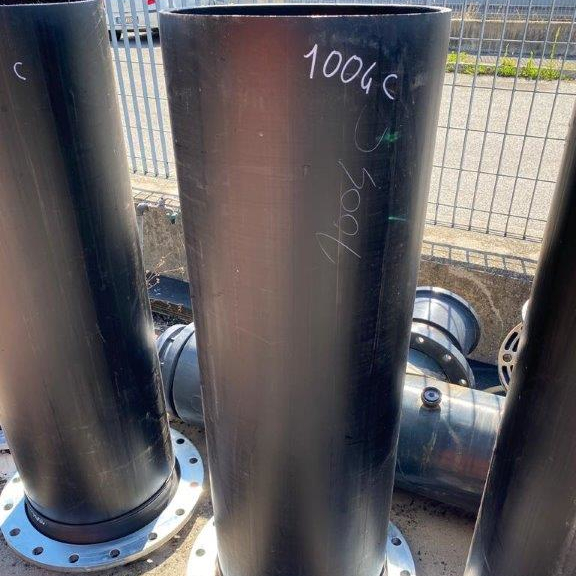

The recovery of waste materials, particularly organic matter, has been a key focus for companies and administrations for many years now, because the process concerns factors that are crucial for the protection of the environment and the creation of a sustainable development cycle. By managing organic waste correctly, we can reduce the costs of landfill disposal and recover energy that can be used to produce heat and electricity.
Urban and agricultural organic waste can be used productively to generate energy following the completion of a recovery cycle that exploits the anaerobic fermentation of the substances contained within. The fermentation process releases methane, carbon dioxide and other substances, which together form biogas. This biogas is central to the process of recovering waste that can be transformed into electricity.
Thanks to specially designed collection wells installed on the landfill site, the biogas can be channelled through a network of pipes that run around the perimeter of the site and converge in the main collectors. These collectors then transport the gas to the treatment and purification plant, where condensation and impurities are removed. Once purified, the gas is ready to be transferred to the generator set, where it is transformed into electricity or permanently disposed of using gas flaring.
Modern biomass recovery plants allow us to fully harness the vast quantities of waste found in landfill, as well as all agricultural leftovers such as dry leaves, grass clippings, manure, animal fats, oils and leachate. These systems are efficient enough to produce several hundreds of thousands of cubic metres of biogas each year. This translates into millions of kWh of electricity that can be used by families and companies in place of traditional fossil fuels.
Not only does the recovery cycle of the transformed waste make the waste management system more efficient, it also allows us to obtain electricity from an alternative source that is 100% clean and renewable: at the end of the waste transformation process, the quantity of carbon dioxide released into the atmosphere is the same as the amount that would have been released without human intervention (by contrast with the extraction cycle for underground fossil fuels such as oil).
Rariplast supplies HDPE collection wells and pipes for organic waste processing, ensuring the rapid, efficient and safe transport of biogas from landfill to power plant.
Thanks to the know-how that we have tirelessly worked to develop over the years, we can pinpoint the right solutions for each customer and develop transport networks with high-density polyethylene pipes suited to any situation.
If you would like to contact us for more information about our services and get a free quote, please use the form below and one of our experts will get in touch with you shortly.